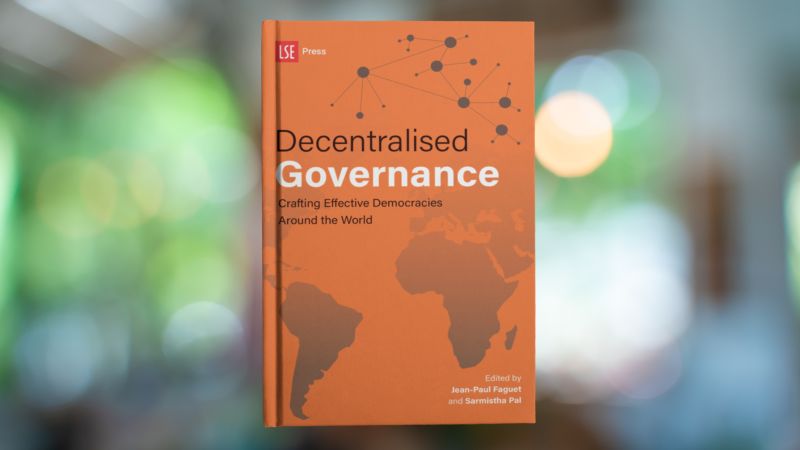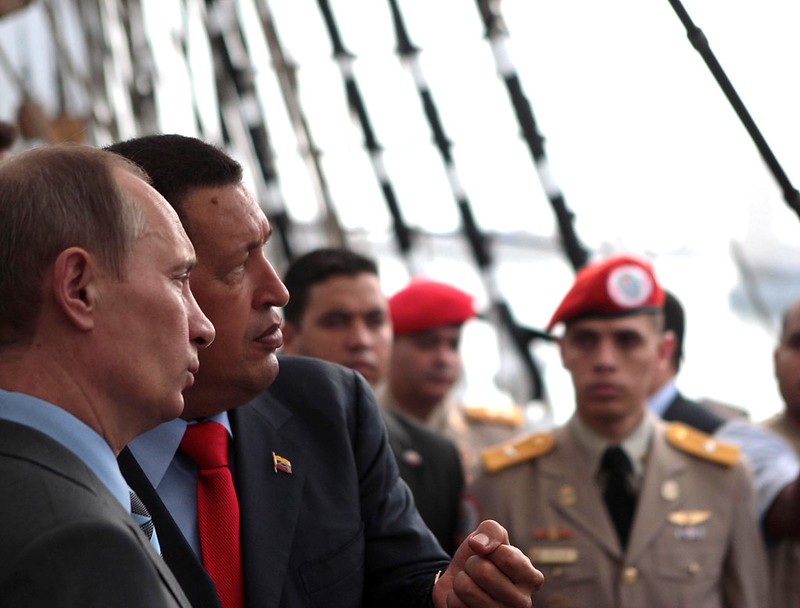MSc student in Development Studies Luis Eduardo Gutiérrez Rojas examines Conditional Cash Transfer policies implemented to alleviate poverty in Brazil and Colombia. The article looks at how these policies have been politicized since their implementation, particularly in the context of critical electoral campaigns currently underway in both countries.
A Spanish translation of this article is available to read here.
The electoral campaigns in Colombia and Brazil are becoming a fierce competition between two opposing political poles. In Colombia, a candidate from the left, the former guerrilla fighter Gustavo Petro, is close to gaining office for the first time in the country’s history. Simultaneously, the former leftist Brazilian president, Luiz Inácio Lula da Silva, is leading the polls and is on track to recover office again after his party was involved in one of the biggest corruption scandals in the world. Although they have proposals on their respective Conditional Cash Transfers, CCT, these policies have not received the sufficient attention. This article will mention some points of those policies that need to be addressed in order to promote social development and will raise some critical stances on them.
Conditional Cash Transfers (CCT) have become the backbone of social policy in Latin America in the twenty-first century; virtually every country in the region has its own programme. They are employed for poverty alleviation, reducing inequalities, encouraging consumption, and promoting human capital accumulation. Most of them consist of a transfer in cash on the condition that families invest the money in the human capital of their children in order to promote social mobility. The CCT are embedded in social protection paradigms, especially in the World Bank’s stance on assisting poor households at risk of being hit by economic shocks (Social Risk Management). Nonetheless, those policies have seen a wave of criticism on some issues such as: the small amount of money transferred; the burden imposed disproportionately on women in households which received the transfer to fulfil its conditions; the creation of circumstances for clientelism and corruption; and operational and logistical problems.
Despite having some short-term positive effects according to internal and external evaluations, doubts about the real transformative effects have risen. This is because their main goal is not to make structural changes to address the causes of poverty but to palliate the side effects of the current economic order. This criticism does not imply a denial of some poverty alleviation results (based on official and unofficial impact evaluations). However, it emphasizes the lack of real, long-term transformative effects and the marginalization of other areas of social policy (especially education and health in these cases).
Although the two principal candidates in both countries have clarified their stances on this issue, a serious and deep debate is still owed to citizens. In Colombia, Gustavo Petro has claimed that a restructure is needed to better protect the elderly. On the other hand, the right-wing candidate, Rodolfo Hernández, an outsider and populist, has argued that the policy must be revisited but does not give details on how it must be carried out (Colombia will have a runoff on June 19th). In Brazil, the government put an end to their CCT policy Bolsa Familia in 2021 and instituted Auxilio Brasil, a similar social programme with some changes in the conditions. Lula has promised to reinstate Bolsa Familia, the policy that his government created.
Bolsa Familia and the clientelist risk
Bolsa Familia is considered one of the most extensive CCT policies in the world. According to the most recent report of the Brazilian government, by 2020, the program had reached more than 14 million families since 2004, when it was instituted as the successor to previous programmes implemented in the 1990s. The programme transfers cash unconditionally to extremely poor households and to low-income families under conditions like children’s school attendance and nutritional and health check-ups.
Some scholars have pointed out clientelism, uses for electoral purposes, and the marginalisation of other social policy areas as the main downsides of Bolsa Familia since it was implemented. In addition to these issues, changes in political regimes have affected the policies’ performance due to the political instability that characterised some countries in Latin America. In fact, the current government led by Jair Messias Bolsonaro, a right-wing populist politician, changed the name (and some details of the policy) due to their aversion to Lula and the Worker’s Party. Lula announced that his government would bring back Bolsa Familia in response to these changes.
Familias en Acción and education failures
The Colombian government created Familias en Acción in 2000, conceived as a response to the economic and social crisis that hit the nation at the end of the 1990s. The programme had several updates in 2012 and again in 2019, strengthening its impact and scope. The policy complements the regular monetary income of households (like wages or any other income) and seeks to promote the formation of human capital, the generation of social mobility, the access to secondary and higher education programmes, and poverty reduction. In order to gain the grant, families must guarantee their children’s enrolment in school and total attendance to health and nutritional checks.
The CCT programme in Colombia also requires school attendance of children under 18 years, which has reduced school dropout rates among the beneficiaries since the policy was implemented. Nonetheless, the education system in Colombia has always faced criticism because of the poor performance of its students in crucial areas like mathematics and critical reading. Usually, the schools with the lowest grades receive the children of beneficiary households (public schools). Therefore, instead of promoting real social mobility, these policies can increase existing gaps between social classes.
School attendance is justified as a human capital investment to promote social mobility in future generations. Education can be understood through two perspectives: assimilative and transformative. In the first case, education is seen as an endpoint (as it is in Familias en Acción and Bolsa Família) that will automatically translate into more human capital. In the second case, education is considered to have a structural impact in society, creating changes in power relations. The first perspective is the one adopted, intrinsically, by Familias en Acción, and it is measured through indexes such as school attendance or coverage. However, in the Colombian case, the quality (better results or better human capital accumulation) and the quantity (high coverage rates and reduction in school dropout rates) of education have seen different results, with more progress made in the latter case than in the former.
Conclusion
Both CCT programmes, Familias en Acción and Bolsa Familia, have become the axis of social policies in Colombia and Brazil, respectively, to the extent that other areas in need of attention such as education have been marginalised. This last phenomenon is reinforced by UNESCO, which claims that educational results in both nations are worrying and far below a level promoting social mobility. The World Bank has reached a similar conclusion arguing that “schooling is not producing enough learning” because, in some developing countries, the ‘substantially’ low outcomes are suggest a ‘learning crisis’.
In addition to this, the problems with clientelism, the uses for electoral purposes, and the political instability due to electoral competition have affected the policies’ performance. A debate of current social policies and reforms required to make them more effective should have been on the agenda during the Colombian political campaign, but with the elections just a few days away, other topics have dominated, such as the false idea of Colombia becoming a second Venezuela if we elect a leftist president, or the deep polarization in Brazil with Bolsonaro accusing his opponent of being a criminal. Brazil will hold its elections in October and, even as the lead-up begins, it is possible that a serious debate could take place on CCTs due to the symbolic power this policy has for Lula as he takes on the Bolsonaro government.
The views expressed in this post are those of the author and in no way reflect those of the International Development LSE blog or the London School of Economics and Political Science.
Image Credit: Isabel Suárez/OCHA Colombia on Flickr.





